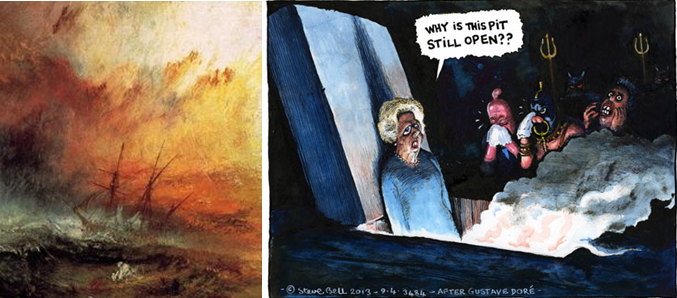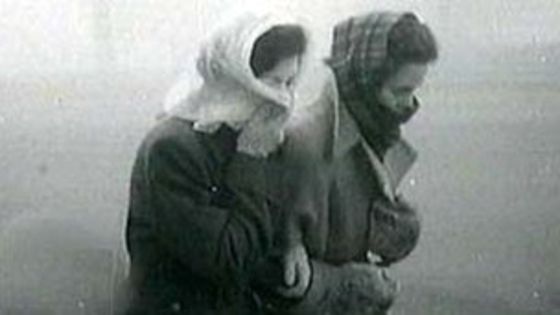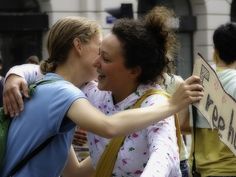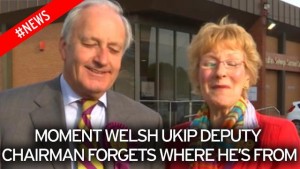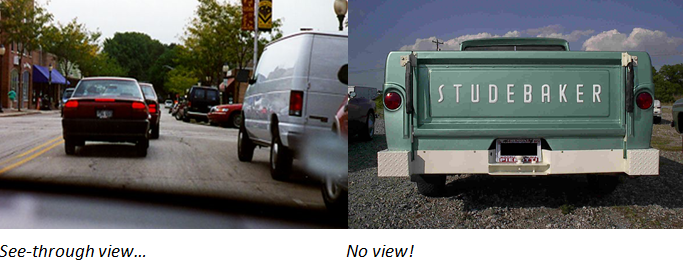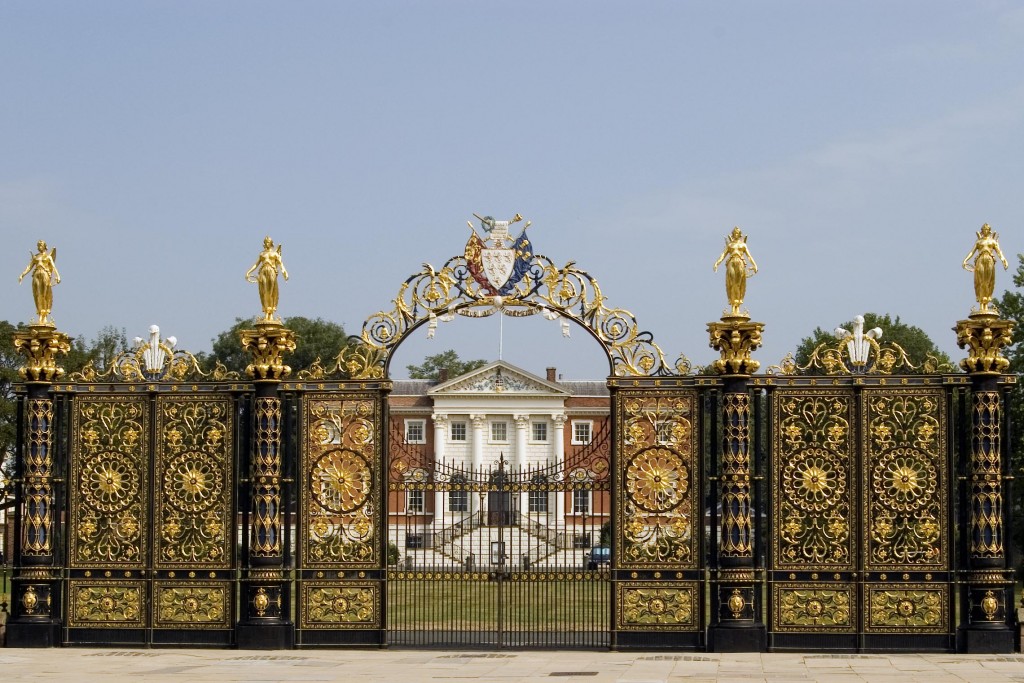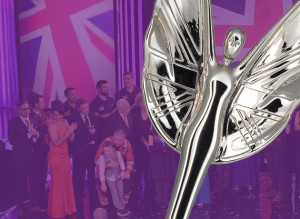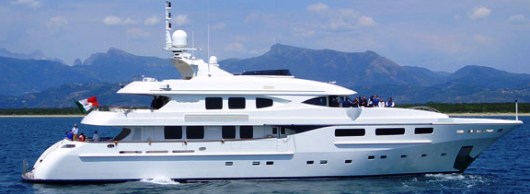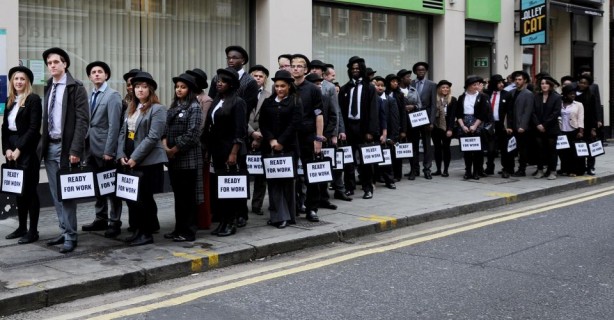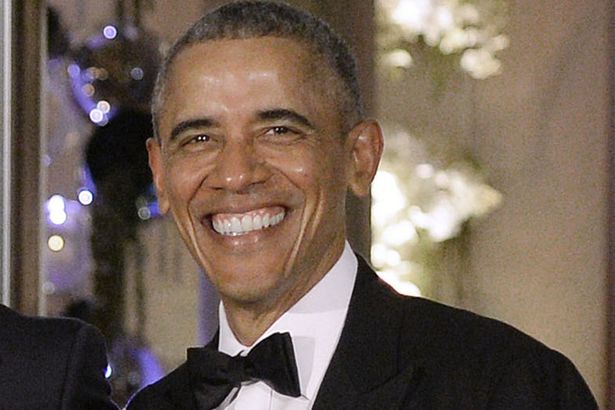Boris Johnson’s drawing a comparison between the European Union and Adolf Hitler shows a dangerous level of misjudgement. He asserted that Napoleon, Hitler and “various people” attempted to recreate a mythical Roman “golden age” of European unity and that the EU is another such attempt “by different methods”.
Let’s unpick those last three words with an analogy.
Relationship Counselling Equals Murder?
Jack and Jill have been married for ten years. Both are in their late middle age and were in long-standing relationship with other people before they met. Frankly, the marriage is in the doldrums. Each came to the relationship having accumulated a range of habits and personality traits developed over several decades of adult life. They are finding that, all too often, they rub each other up the wrong way. They get irritated by each other, they argue and quite often find themselves on barely speaking terms for a day or two.
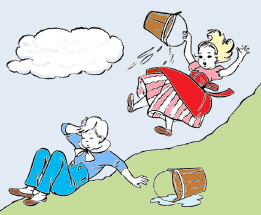
Both agree they can’t go on like this. They agree they have a common aim: to eliminate, as far as possible, the opportunities for friction between them. Deep down, Jack has pretty much made up his mind that he wants a divorce. The only problem is that Jill, for deeply held religious reasons, doesn’t believe in divorce. She suggests they try relationship counselling. After a few sessions, they seem to have made little or no progress. They discuss whether to continue the sessions. The discussion builds up into a blazing row. Jack takes a kitchen knife and stabs Jill to death.
In the subsequent court case, Jack uses an unusual argument in his defence. In trying to justify his actions, he makes the following statement: “We had both agreed we needed to stop irritating each other. She wanted counselling sessions to achieve this. That’s no crime. I ended up stabbing her. It achieved our agreed aims, but by different methods”.
Reckless and Ill-judged
OK, analogies can’t be stretched too far. But those three little words, “by different methods”, make both Jack’s and Boris’s statements meaningless. Genocide and reconciliation between Jews and Arabs are both ways of bringing peace to Palestine, by different methods. Talking without preconditions or striking can settle the junior doctors’ dispute, by different methods. The Good Friday Agreement and dropping bombs are ways of addressing systemic discrimination against Nationalists in Northern Ireland, by different methods.
These examples are essentially variations on a theme. The different methods are either harming, killing or shouting at each other or sitting down, talking and listening to each other to try to reach a mutual understanding. The different methods are, necessarily, the point. The EU is, above all, an institution for people from different countries to come together and thrash out their differences verbally, rather than violently.
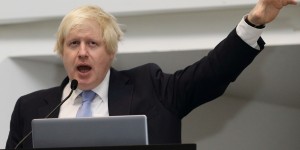
For Johnson to take such a line of argument shows the emptiness and desperation of the leave campaign. It shows a dangerous lack of judgement on his part. What makes things worse is that I have a strong feeling that Johnson doesn’t really care either way whether the UK leaves the EU or not. His decision to join the Brexiters was, as ever, about his own personal interests and, in particular, his Prime Ministerial ambitions. This demonstrates a breathtaking recklessness with the future of this country just to pursue his own selfish aims and to continue a long-running feud with one of his Eton contemporaries. You can’t play games with the national interest.
I note that Nigel Farage has just come out and said Johnson should be the next PM. So that’s two good reasons why Boris must never, ever succeed in that ambition.
